
A Gardener's Guide to 500 Fuchsias: Varieties for Growing in Hanging Baskets and Pots, Hardy Fuschias, Species, Unusual Cultivars and Encliandras, with Over 270 Photographs
Book
This is an illustrated directory of 500 fuchsia varieties, including those suitable for growing as...
The Red Journey: An Oral History of Liverpool Football Club
Book
Winning eighteen league championships, four European Cups, a Champions League title, seven FA Cups...
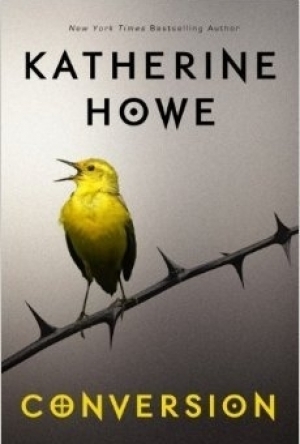
Conversion
Book
From the New York Times bestselling author of The Physick Book of Deliverance Dane comes a chilling...
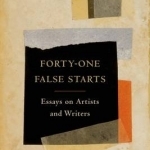
Forty-One False Starts: eEssays on Artists and Writers
Book
Janet Malcolm's In the Freud Archives and The Journalist and the Murderer, as well as her...
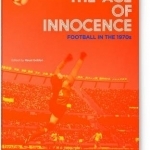
The Age of Innocence. Football in the 1970s
Book
Game on. A photographic tribute to football's most beautiful era. It was Pele who coined the phrase...
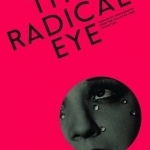
The Radical Eye: Modernist Photography from the Sir Elton John Collection
Book
Elton John's truly remarkable collection of international modernist photography stems from personal...

The Idea in You: How to Find it, Build it, and Change Your Life
Book
Take your passion and make it happen with The Idea In You by Martin Amor and Alex Pellew Do you have...
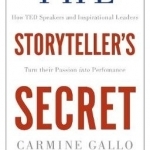
The Storyteller's Secret: From Ted Speakers to Business Legends, Why Some Ideas Catch on and Others Don't
Book
How did an American immigrant without a college education go from Venice Beach t-shirt vendor to...
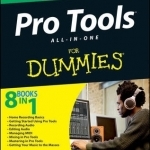
Pro Tools All-in-One For Dummies
Book
A professional musician guides serious hobbyists through Pro Tool Pro Tools puts professional...
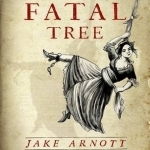
The Fatal Tree
Book
Read our exclusive interview with Jake Arnott London, the 1720s. Welcome to 'Romeville',...
